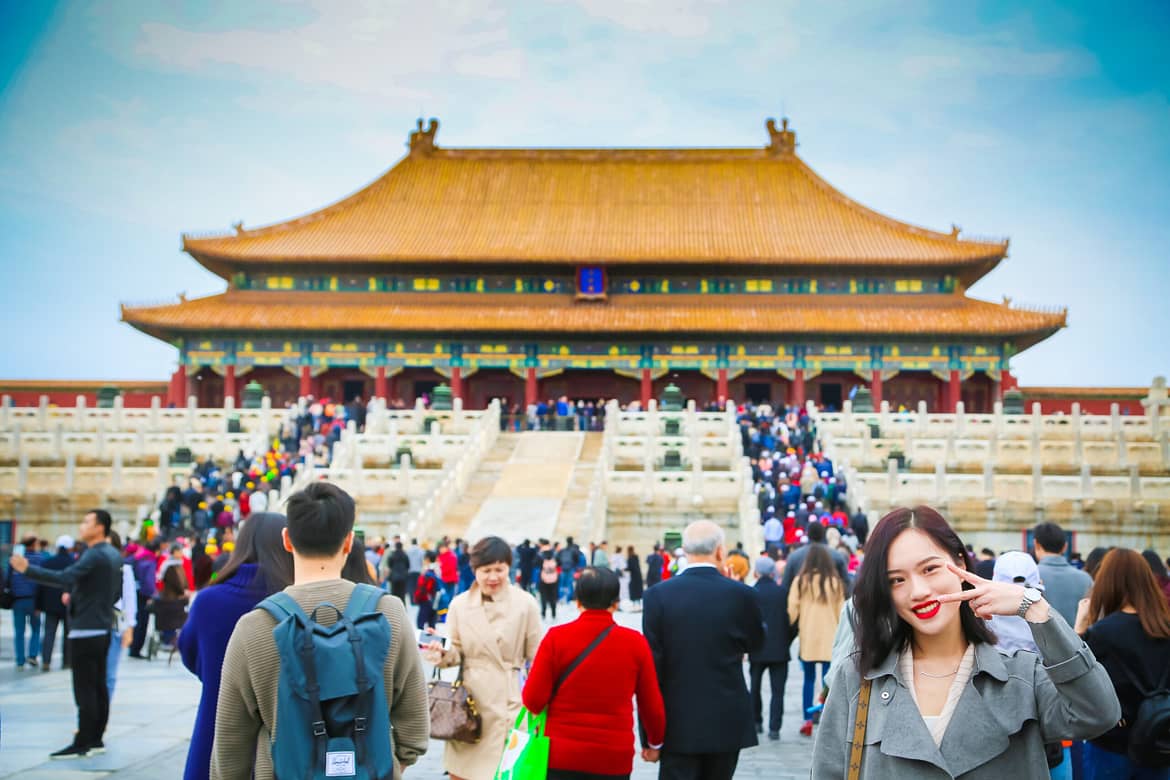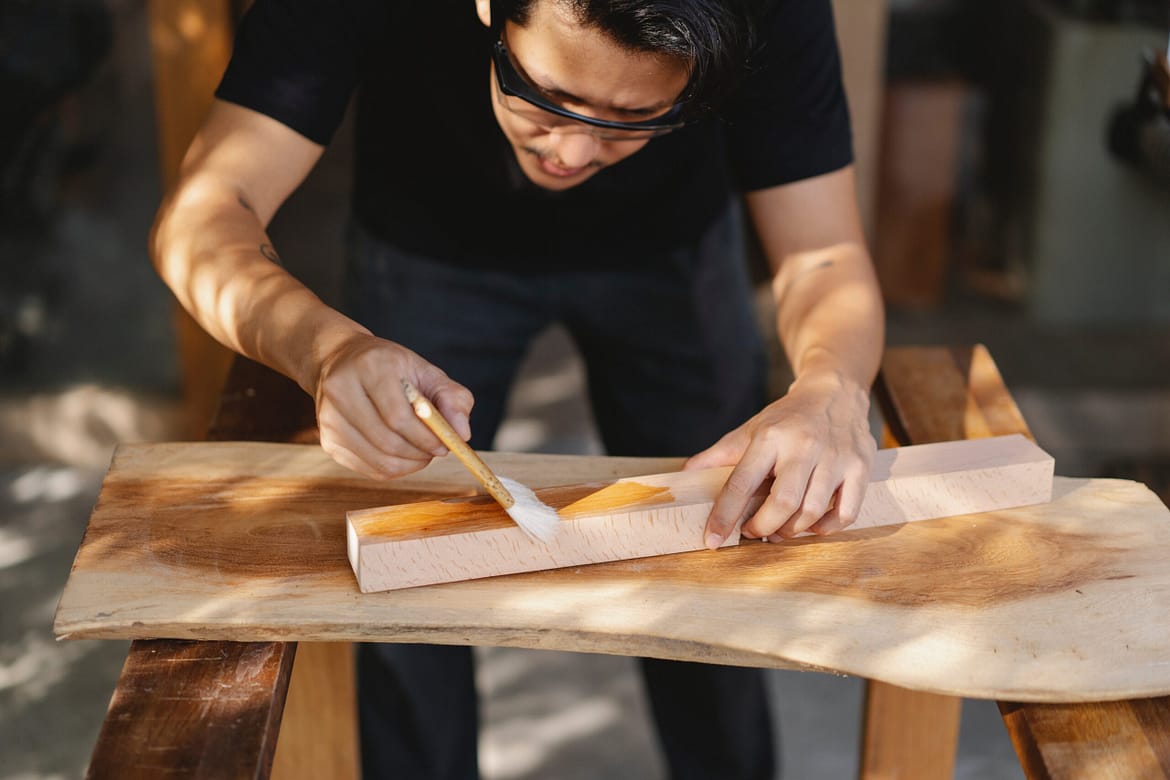the point of tradition
interestingly enough, for every five people i talk to about sharpening and convince to use diamond stones because they’re the better option, there seems to be one who says something like “i know this isn’t the smartest approach but i want to do it the traditional way — can you… Read More »the point of tradition





